“The New King of the Sea” is a project undertaken out of passion for conservation of our oceans. According to some there is anywhere between 75-199 million tonnes of plastic in our oceans. Such plastics can take hundreds to thousands of years to degrade fully, and when they do they break down into microplastics which enters the food chain. The suit used in the images is inspired by the Greek mythos of Poseidon, and is made of plastic and waste collected from Cornish shores, and plastic items taken from receptacles before it would be taken to landfill. Quotes pertaining to the state of our oceans and pollution accompany each image to convey the message that we must do more to save our oceans which make up 70% of the Earths surface.
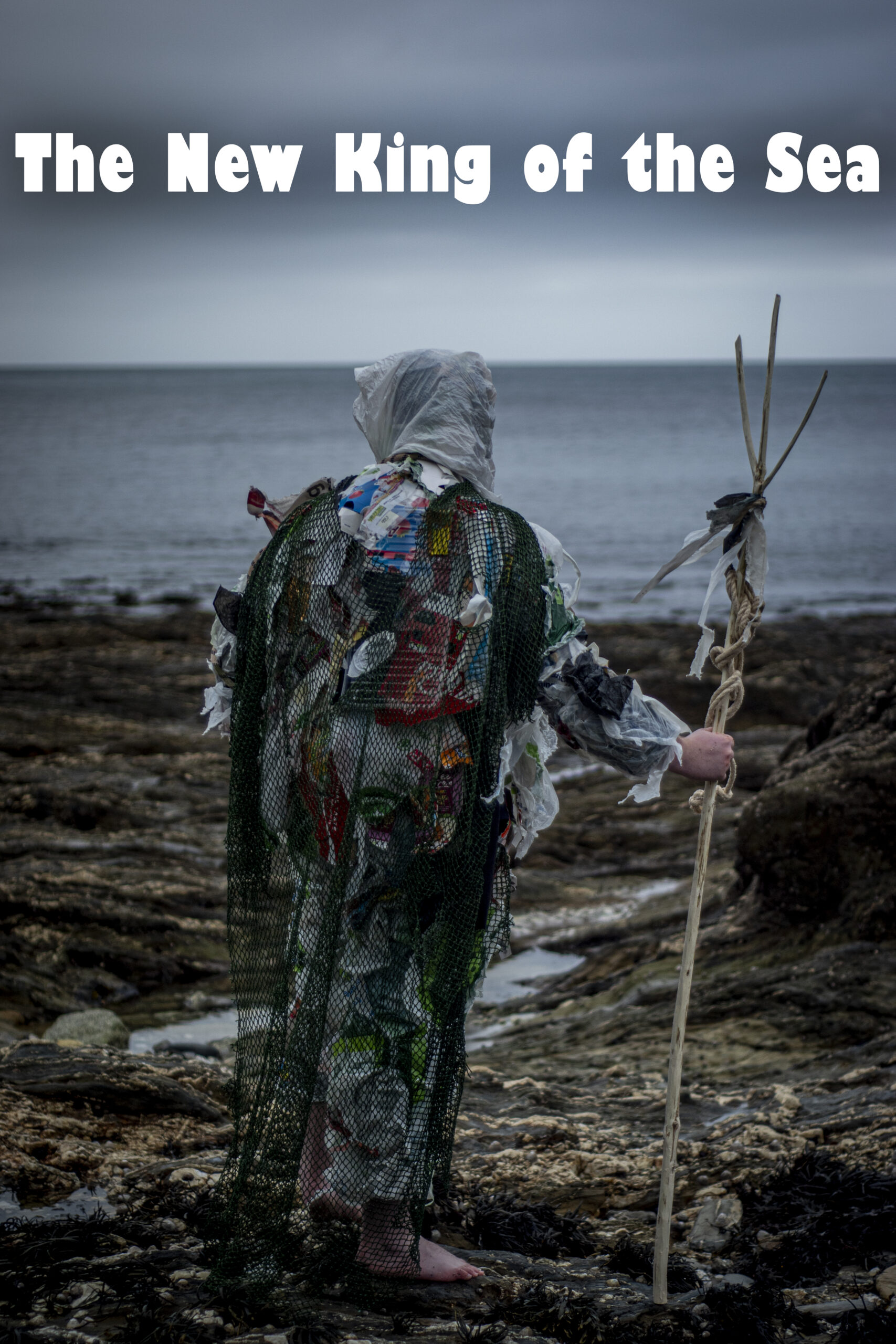
formidable power and abundant resources. Deities and spirits associated with the sea
have been venerated across various cultures, with Poseidon being one of the most
prominent examples, his trident becoming a widely recognised symbol. However, in
contemporary times, this reverence has deteriorated due to plastic pollution. The once
pristine waters are increasingly contaminated, tarnishing the image of these divine
figures amidst our waste and refuse.
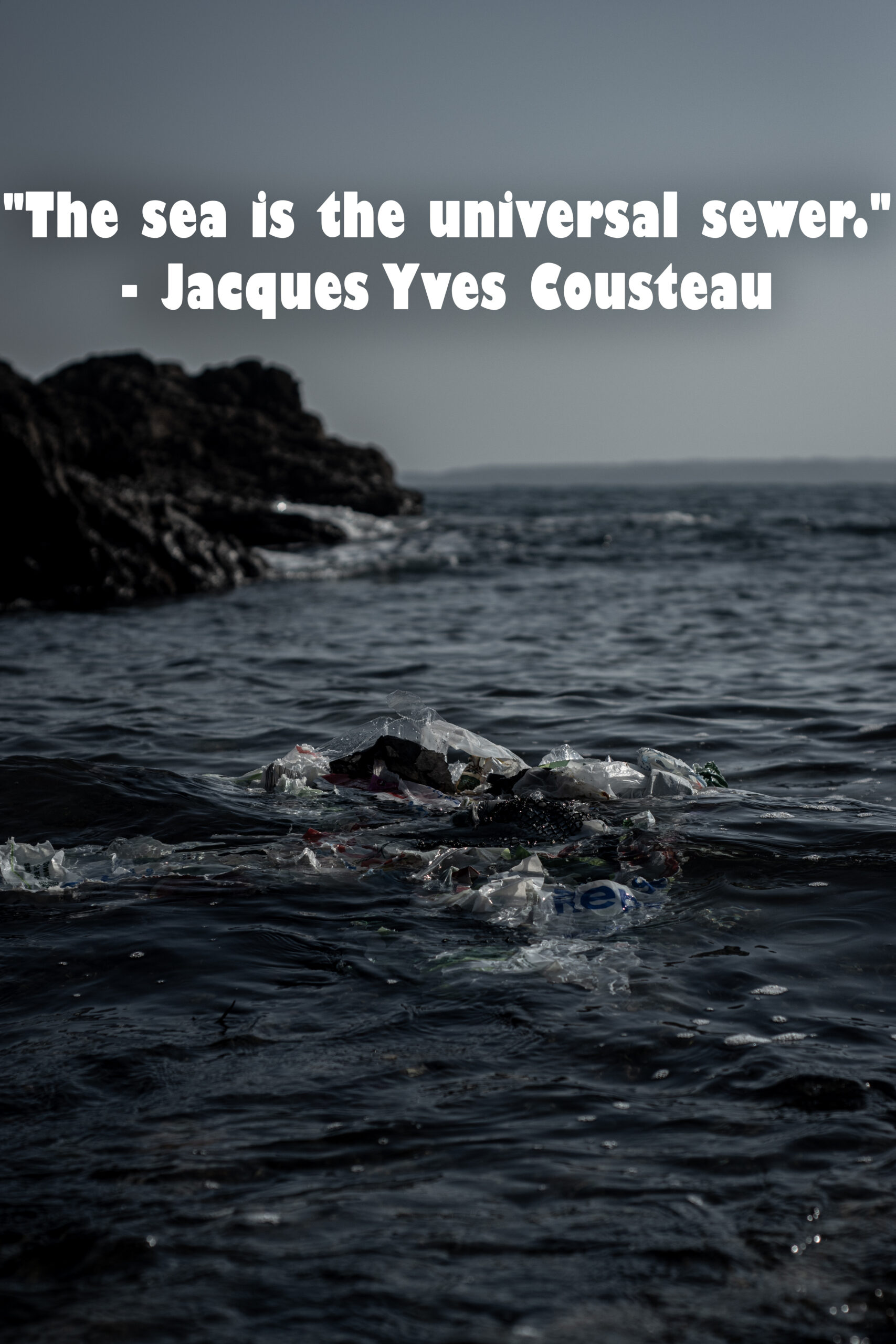
development of plastics, these materials have started appearing in various parts of the
world’s waters. Plastics can be found from coastlines to some of the deepest ocean
regions known to humans. Because they do not biodegrade, plastics persist in the
environment, drifting in ocean currents and washing ashore.
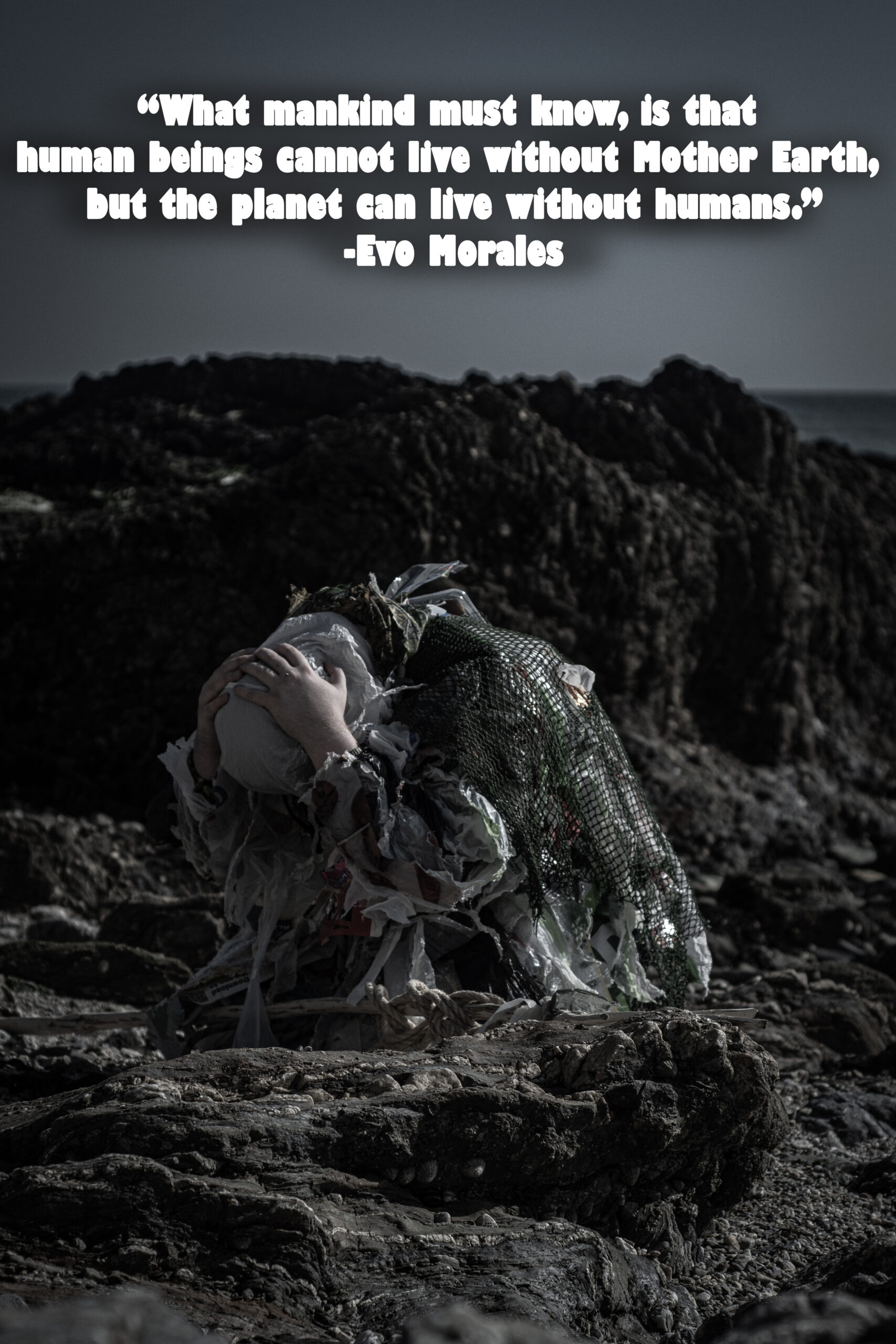
overwhelming. It often evokes profound feelings of concern regarding the extent to
which we are damaging our planet. In the grand scale of Earth’s history, human
activities are rapidly degrading the environment, similar to the effects of a cyanide pill.
This results in the extinction of species, rising global temperatures, and making our
planet increasingly inhospitable.
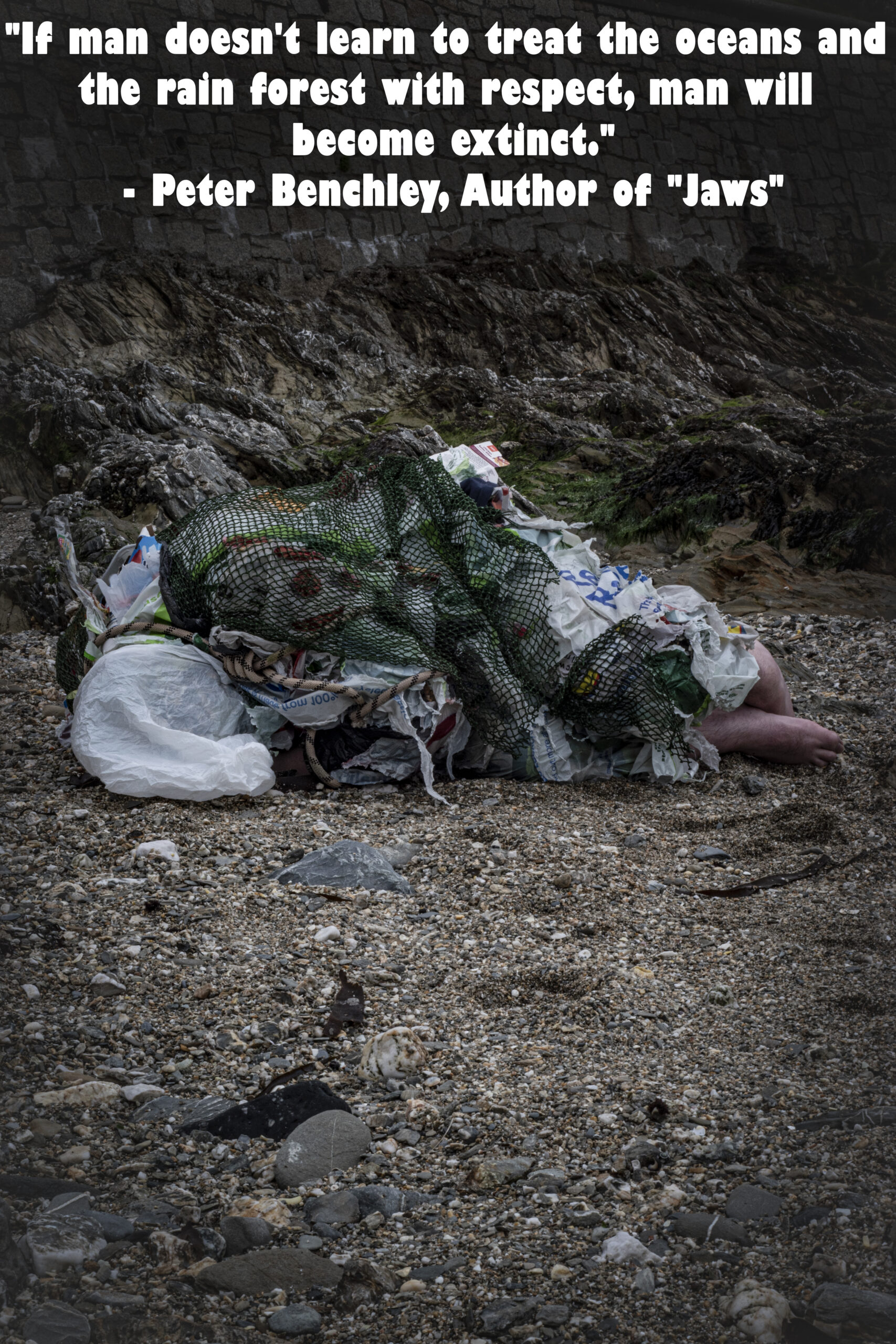
challenges. Plastics persist in the environment unless incinerated, which releases
greenhouse gases that contribute to climate change. The accumulation of plastic waste
in our oceans is a serious concern, as it can have detrimental effects on marine life and
human health. Addressing this issue requires urgent and comprehensive actions to
mitigate its impact.
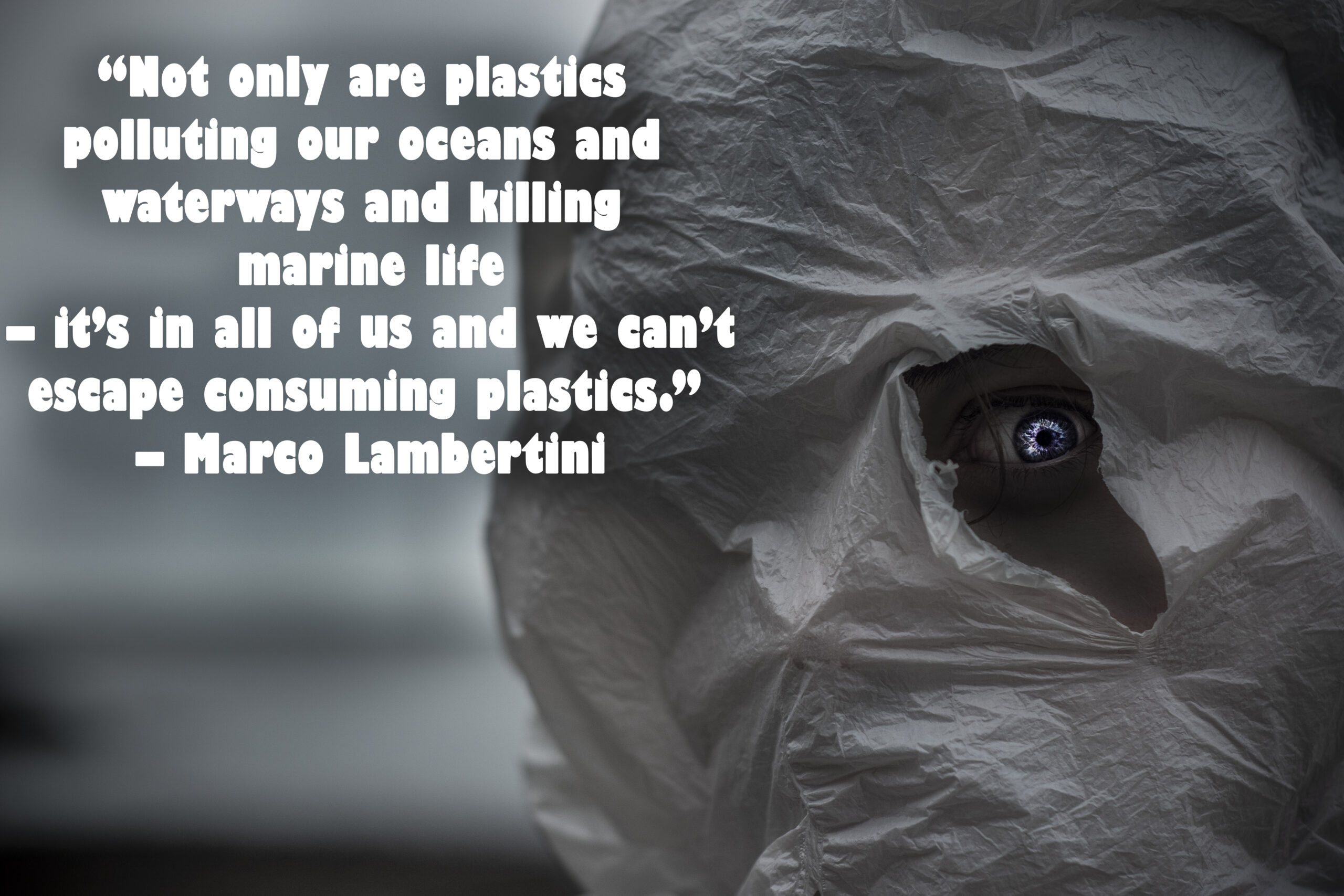
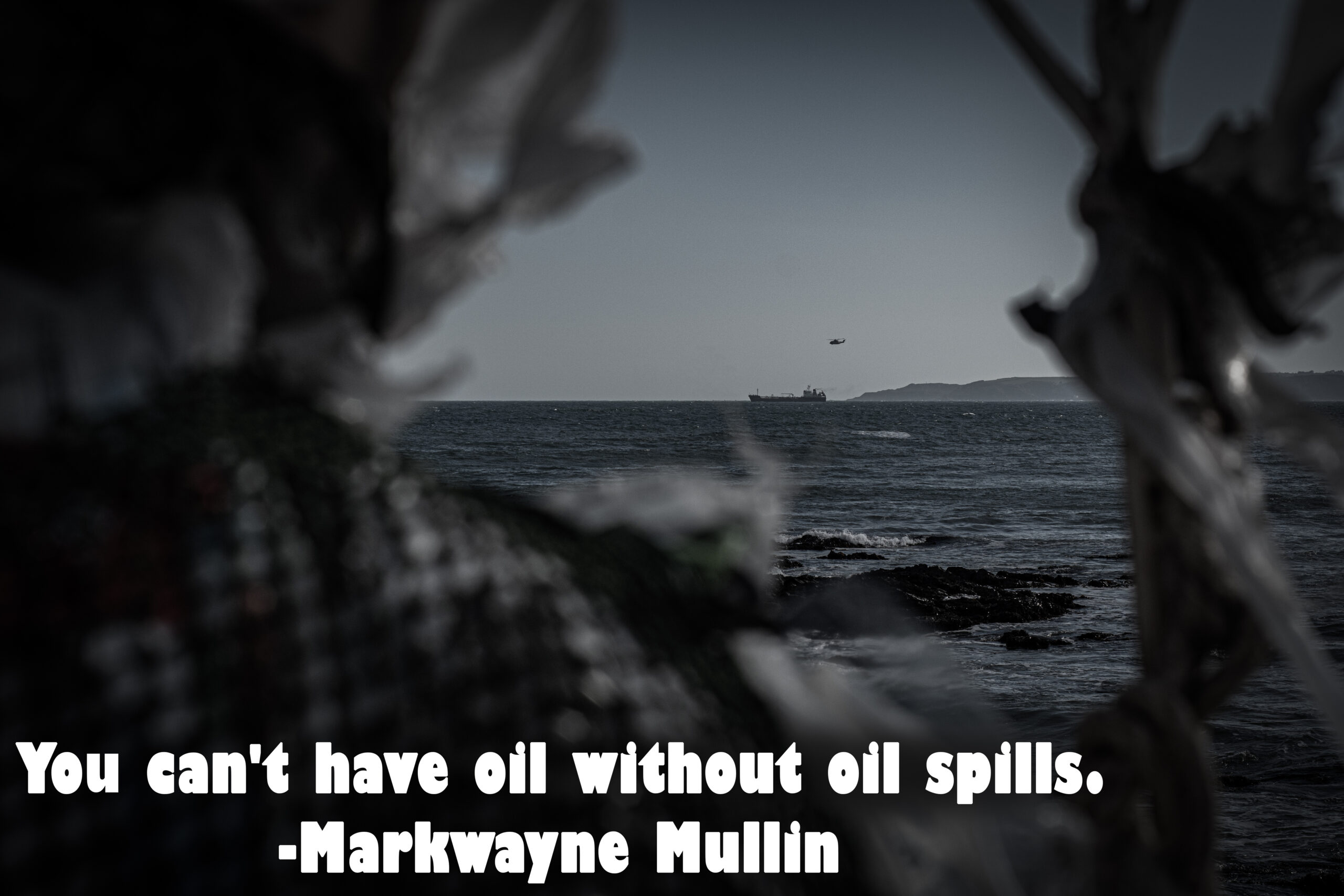
air and discharge refuse, oil, and fuel into the oceans. Greener alternatives are being
developed, but significant changes may not occur for several years. In the meantime, it
is important to monitor the situation and ensure accountability for any mistakes or
environmental harm caused by spills and other incidents.
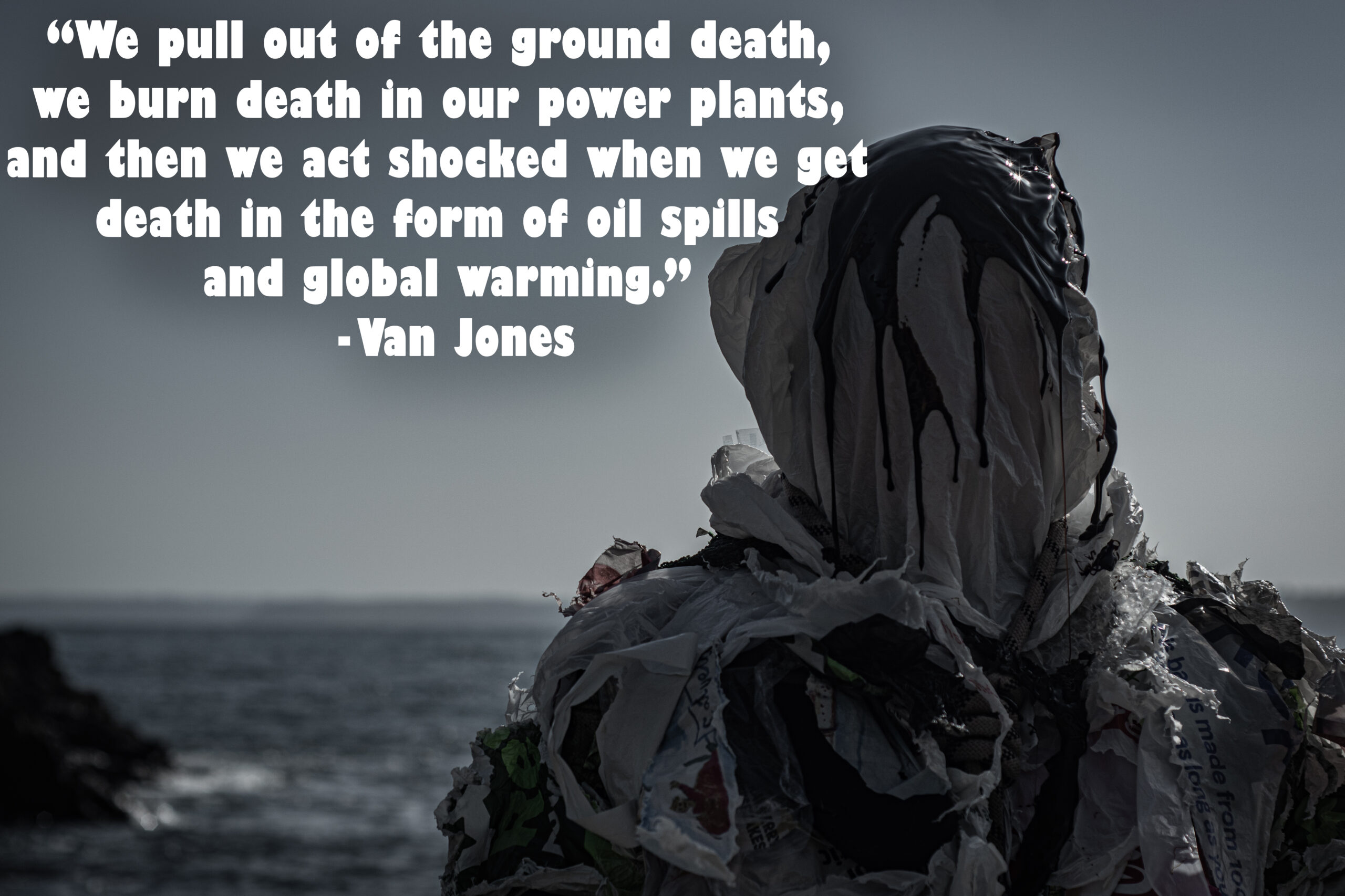
pretty much every industry in today’s world is poisonous. When spilled from drilling rigs
or the thousands of ships in the global fleet it’s a disaster. Wiping out swathes of
ecosystems, billions are spent to clean up these disasters, yet we don’t seem to learn.
As a race we are inherently greedy, and some lack the care for the world around us if it
means financial gain.
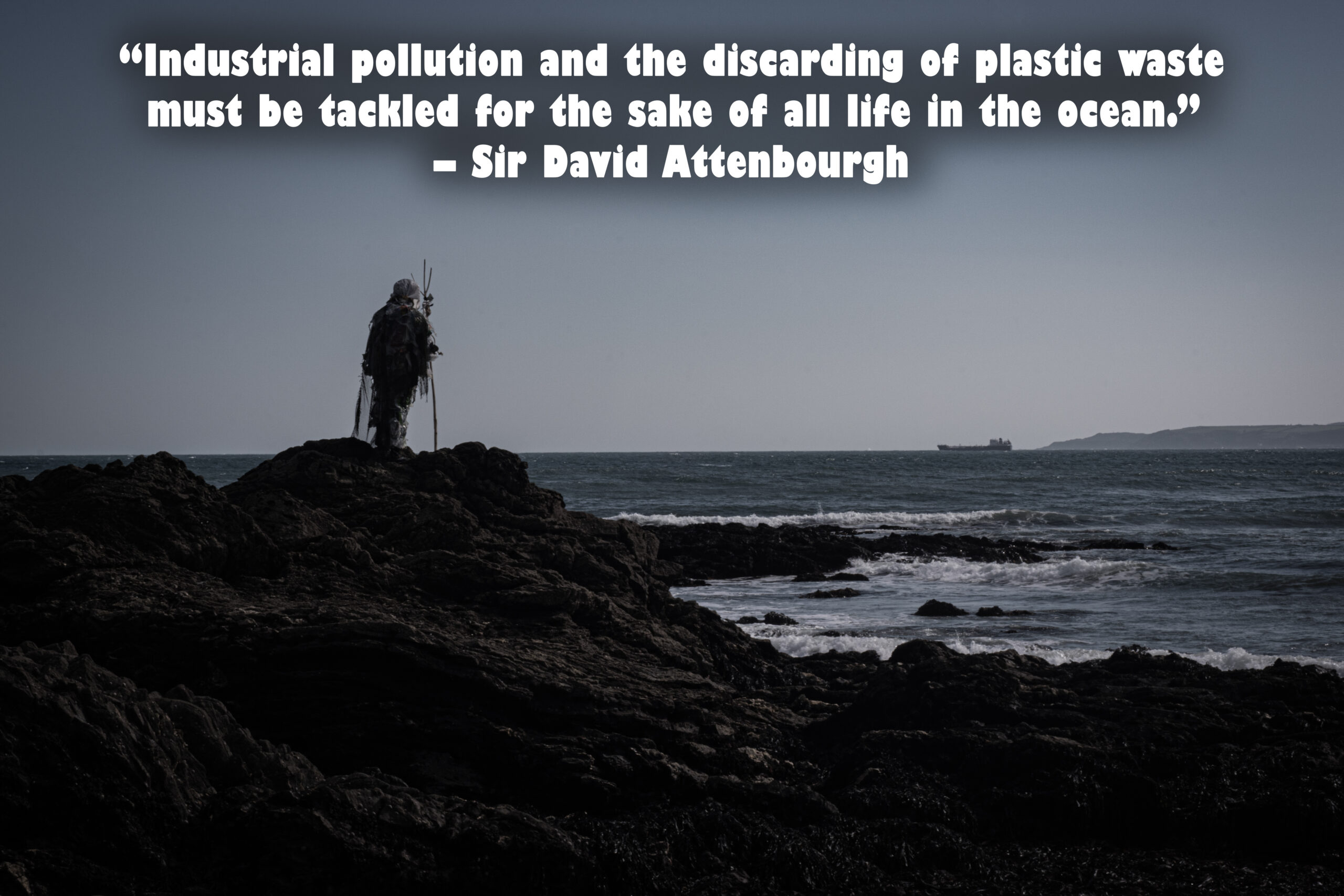
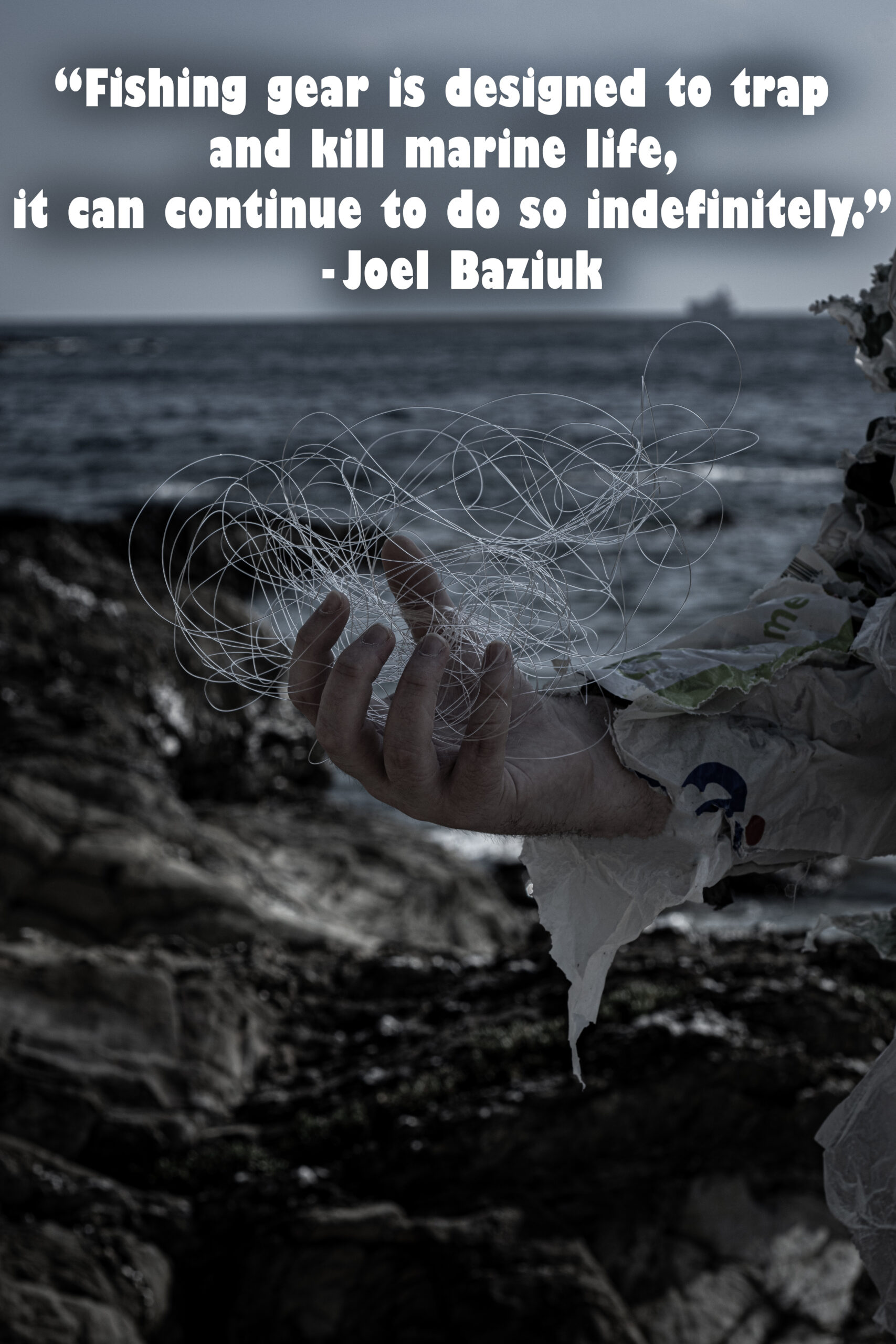
Turtles often mistake plastic bags for jellyfish and consume them, dolphins can get
trapped in fishing wire, and hundreds of fish are caught in abandoned ghost nets. These
persistent traps continue to harm marine species until they are properly removed.
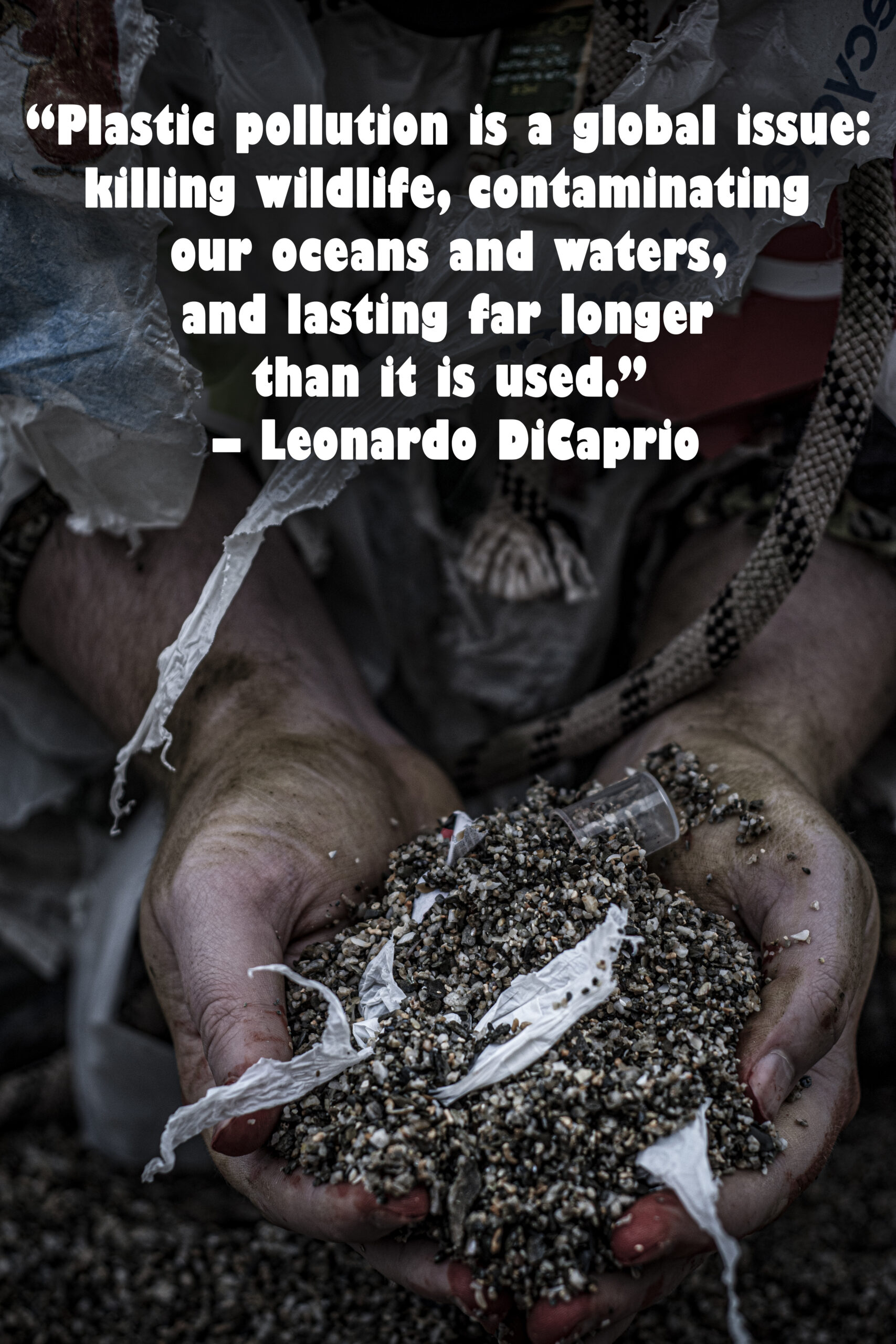
sand. Microplastics merge with rock particles, infiltrating the environment. These
microplastics enter the food chain by accumulating in the fat cells of organisms that
ingest them, eventually reaching human consumption and potentially causing long
term health issues.
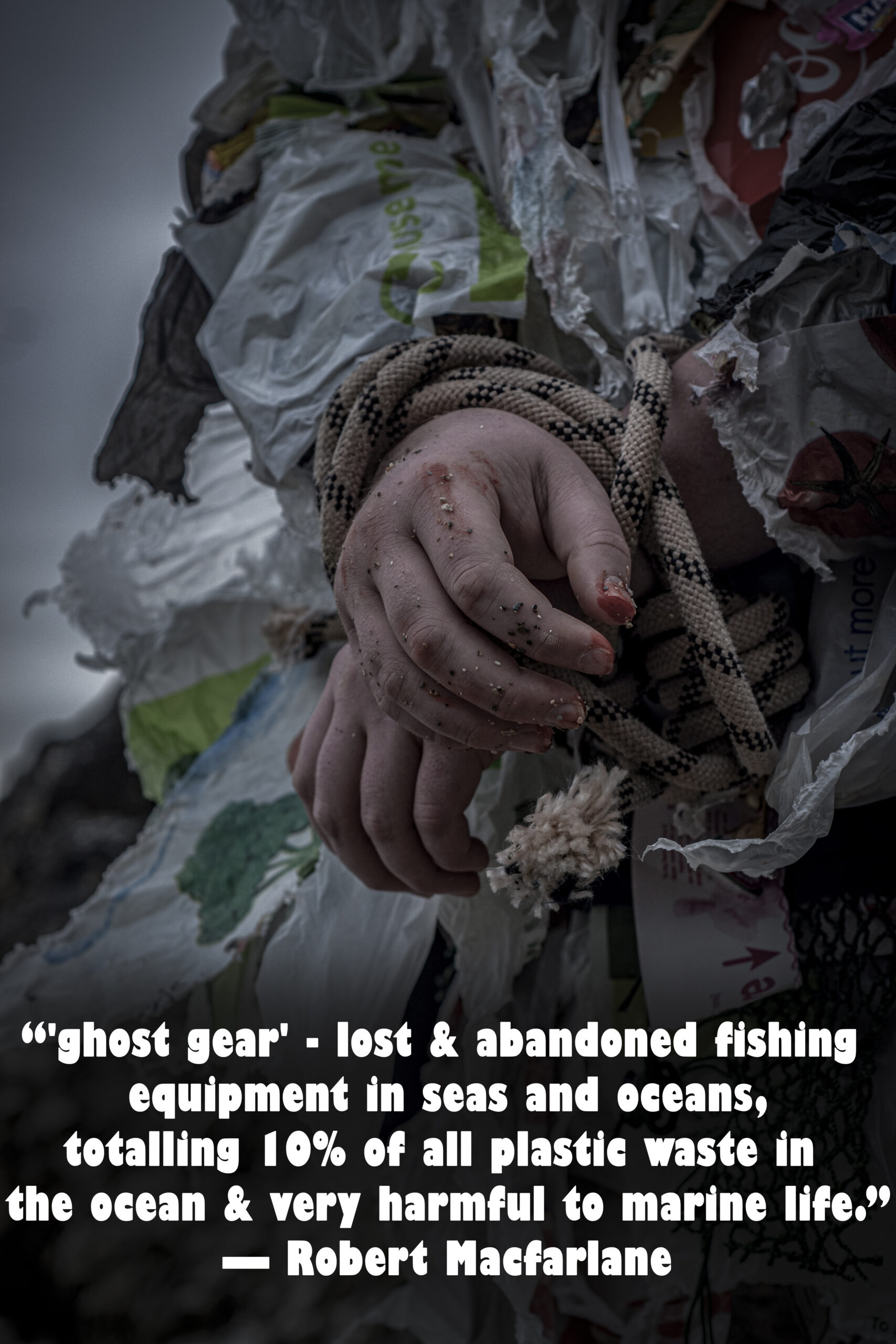
Governments face a challenging dilemma: halt fishing activities and risk food shortages,
or permit them to continue, thereby endangering marine ecosystems. Striking a balance
is crucial, requiring measures such as waste management, sustainable fishing
practices, and safeguarding the livelihoods of fishermen while protecting our oceans for
future generations.
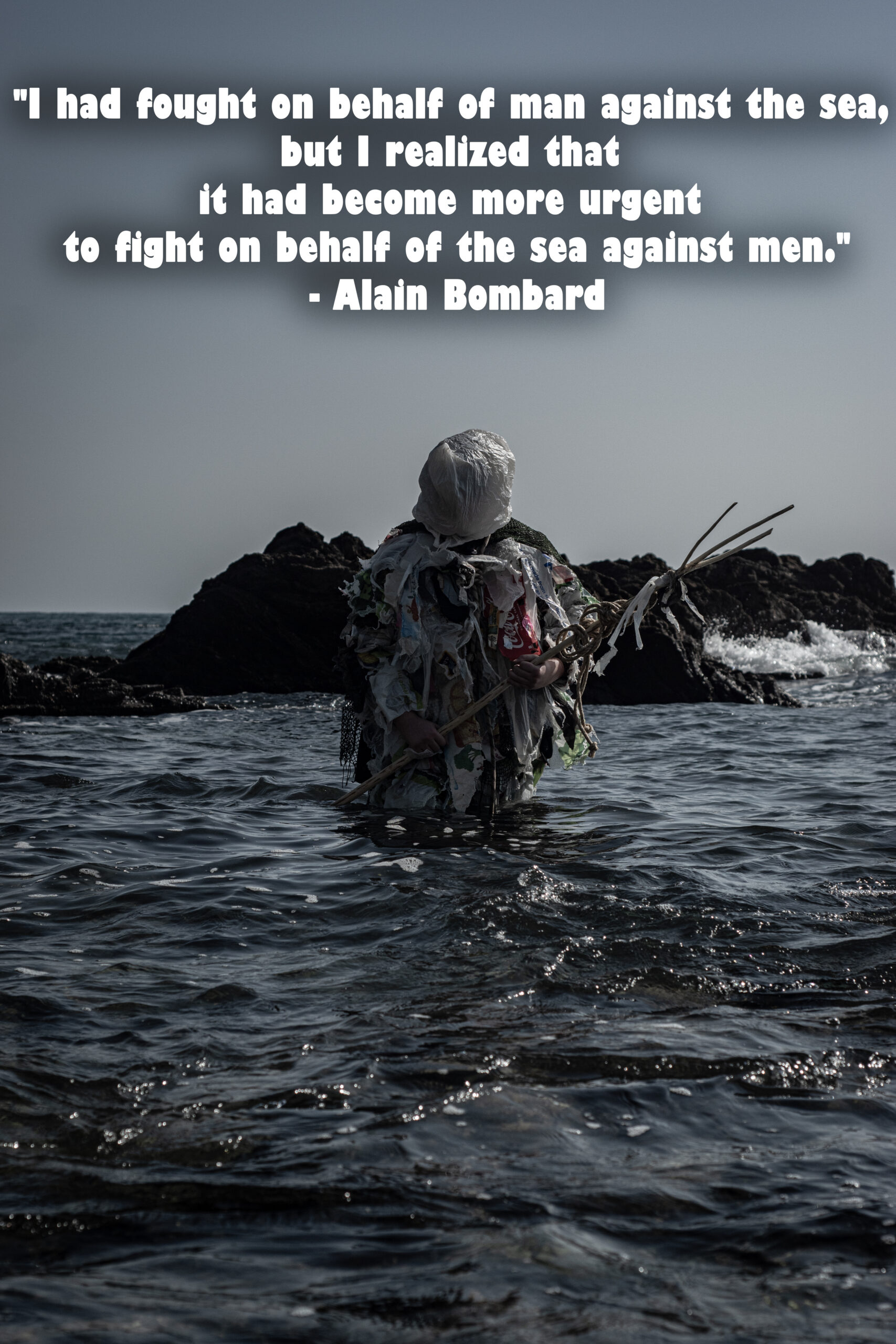
ocean littering at all levels, from individuals discarding plastic bottles or wrappers to
large corporations or countries that dispose of industrial waste and landfill refuse. As
stewards of this planet, it is our responsibility to preserve its vitality, just as it has
supported life since the dawn of humanity.
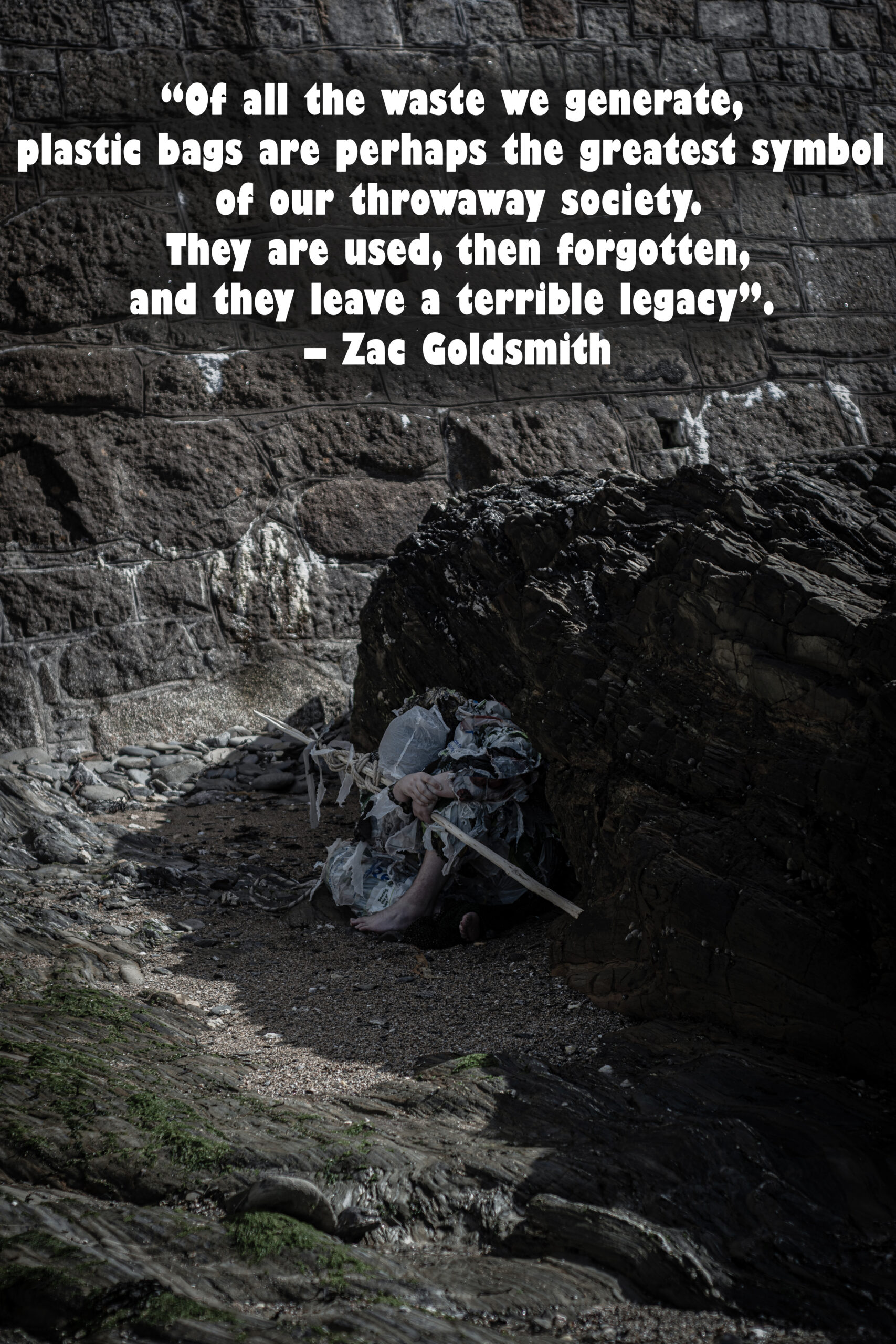
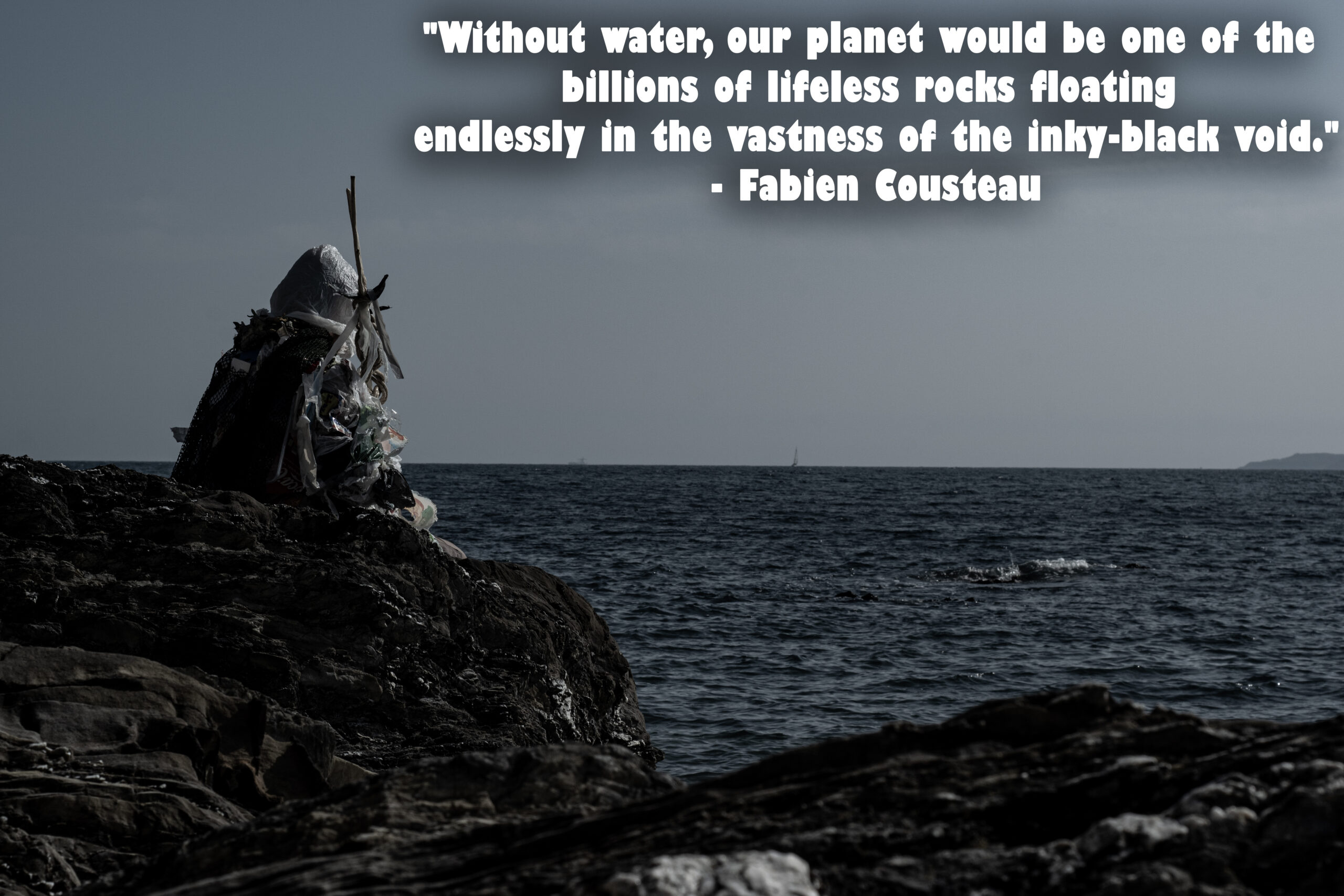
individuals. The burdens of daily life seem to dissipate with the ebb and flow of the tide,
providing tranquillity and mental clarity. Recreationally, the ocean offers a wide range of
activities such as surfing, scuba diving, and more. Given its importance and the myriad
benefits it provides, it is imperative that we take stronger measures to protect and
preserve this vital natural resource.

awareness of the problem, along with ongoing research into methods for mitigating
climate change and ocean pollution, is becoming more prominent within scientific
communities. Charities, fundraisers, and community groups are being established and
collaborating to safeguard our planet. Even the smallest indication of hope can inspire
collective action.